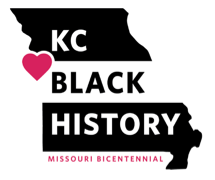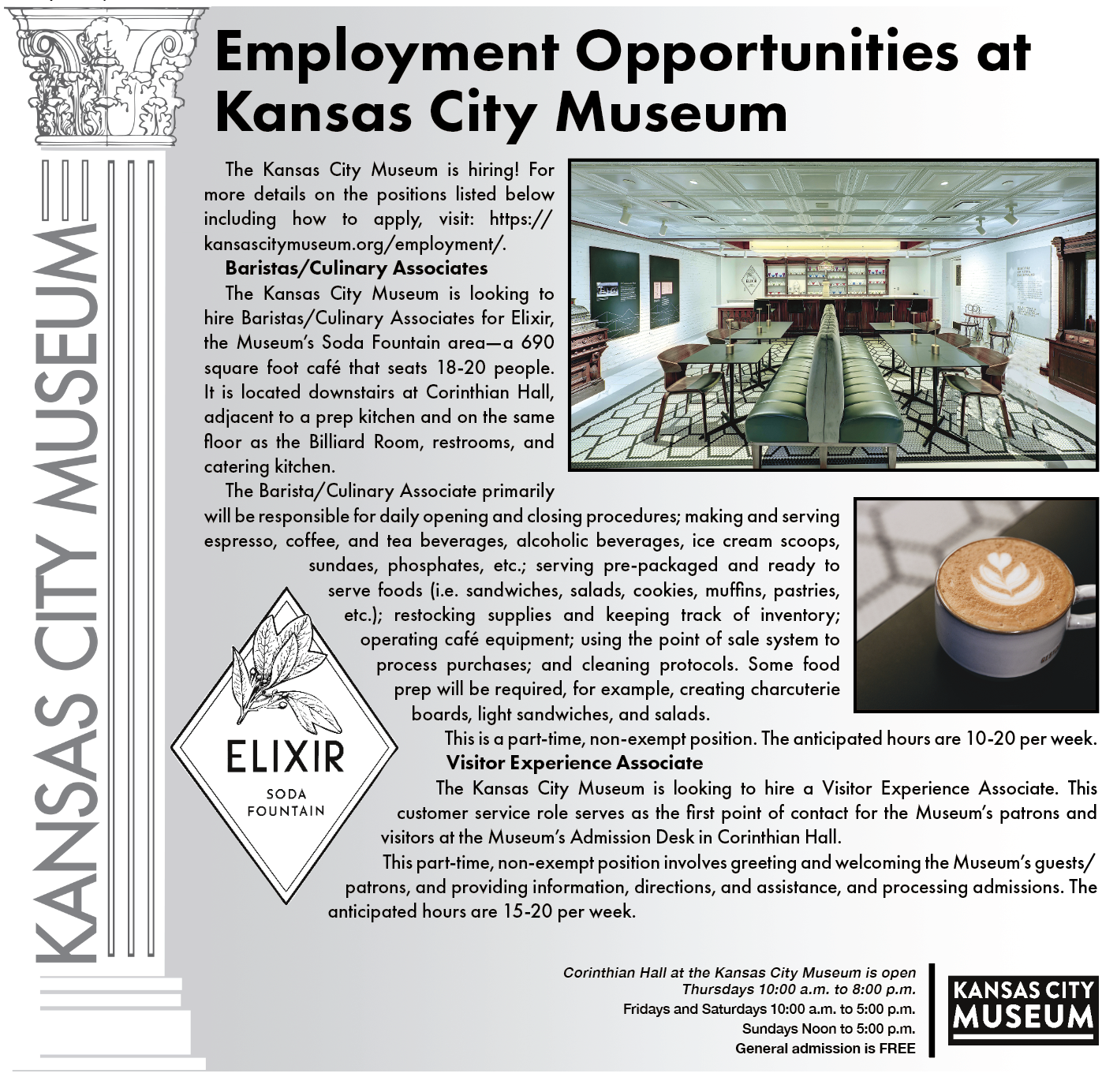
Local groups are partnering on a special edition of an annual local Black history project in conjunction with Missouri’s bicentennial.
Kansas City’s Local Investment Commission (LINC), the Kansas City Public Library, the Black Archives of Mid-America, and the Bruce R. Watkins Cultural Center are releasing a compilation of 73 biographies of Black Kansas Citians who helped shape the community through education, activism, entrepreneurship, and many other ways.
The new publication spotlights individuals featured in commemorative booklets over the past 11 years, adding new honorees and remarks by current Black leaders in Kansas City.
In their short essays, Kansas City Mayor Quinton Lucas, Negro Leagues Baseball Museum President Bob Kendrick, and Black Archives Executive Director Dr. Carmaletta Williams reflect on their own experiences and make connections to the historical figures featured in the book. A new poem from Bruce R. Watkins Cultural Center Executive Director Glenn North, and an essay from activist Justice Horn are also featured in the booklet.
“For the past 12 years, Kansas City Black History has celebrated the contributions of African Americans who have made an indelible imprint on our community,” said Jeremy Drouin, manager of Missouri Valley Special Collections. “As we come to terms with racial inequity and injustice as a community and country, there are many lessons to be learned from the people spotlighted within these pages.
Historians with the Library’s Missouri Valley Special Collections are working with the Kansas City Social Studies Consortium to create a lesson plan for educators hoping to incorporate the booklet in their classroom. Creation of the lesson plans is made possible through a Community Discussion Grant from Freedom’s Frontier National Heritage Area.
This publication chronicles Black educators, activists, entrepreneurs, entertainers, and athletes without whom there would be no Kansas City as it is known today.
“This book is being published at a time when our community comes to grips with enduring patterns of racial injustice, and it coincides with the bicentennial of Missouri statehood in 1821 — an event that was itself, in part, a concession to the supreme racial injustice of slavery,” the project’s introduction reads.
In his introduction, Lucas imagines a child like he once was, with a new library card, discovering these stories and growing up to understand “we are constantly creating new history.”
Williams calls the names of history in an essay praising a city that has flourished because of these and other Black Kansas Citians who “sat up, sat in, kicked down doors, and broke through glass ceilings.”
Kendrick writes of the league’s founders’ own Declaration of Independence that not only unleashed the daring business of baseball but the wider power of Black enterprise.
And Justice Horn, a young community leader and social justice activist, writes of how Kansas City’s socially active youth “are our father’s wildest dreams and must continue to lift others.”
There is no rest, he says, “we must be smarter, stronger, and better than ever.”
The booklet can be downloaded now at kcblackhistory.org, and throughout the year, additional digital content will be added to the site.


















